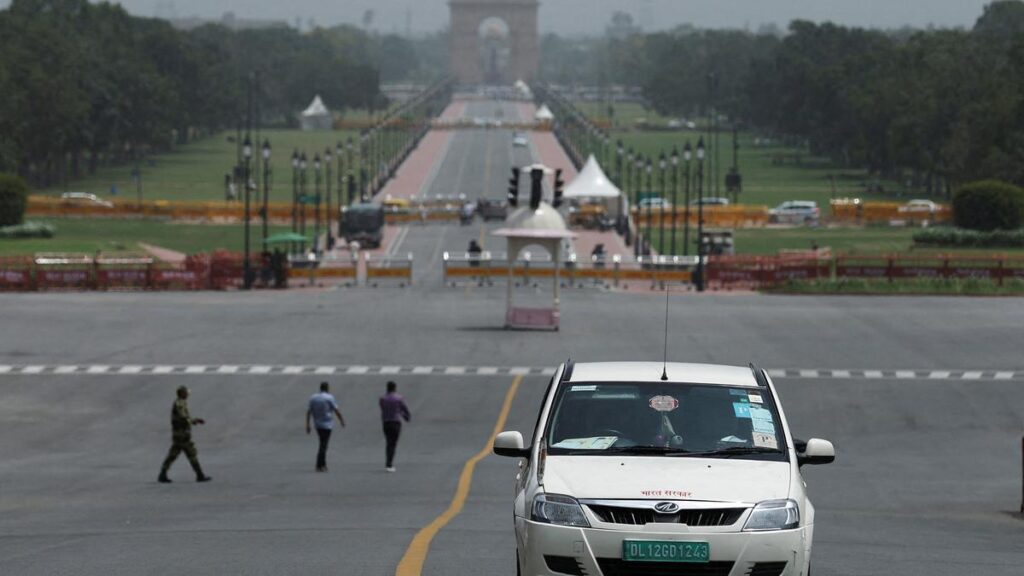New Delhi is poised for a revolutionary change in its mobility scene, with the government releasing major highlights of the draft Delhi EV Policy 2.0. The policy lays out an elaborate roadmap to make the capital India’s EV hub, targeting 95% of new vehicle purchases as electric by 2027.
Phased Transition to Electric Mobility
Approved by Transport Minister Pankaj Kumar Singh, the policy envisions replacing internal combustion engine (ICE) vehicles with electric vehicles. Under the new policy, a giant leap is to make the phased replacement of all CNG autorickshaws, taxis, and light commercial vehicles with electric vehicles mandatory. In a bid to promote more sustainability through public transport, the government is going to choose an all-electric bus phase.
The policy installs a complete array of incentives to speed up the roll-out of EVs. Consumers of electric two-wheelers, three-wheelers, e-LCVs, and e-trucks will be entitled to financial incentives. Scrappage and retrofitting incentives are to reassure existing vehicle owners with a smoother ride.
Strengthening Charging Infrastructure
Charging infrastructure continues to be a focus. The government intends to launch additional public charging points and mandate the installation of charging stations in new constructions and public spaces. Subsidies will be provided for private and semi-public charging stations, while fast-charging corridors along key highways, such as the Ring Road and Outer Ring Road, are to be established.
Financial Support Through State EV Fund
To maintain financial sustainability, a separate State EV Fund shall be established and financed by green levies, pollution cess, and aggregator license fees. Regulatory compliance will increase fleet electrification for commercial transportation.
Identifying the job opportunities in the EV industry, the policy is skill development-based. The Delhi Skill & Entrepreneurship University (DSEU) will undertake training programs for EV mechanics and drivers, generating jobs in sales, servicing, financing, and battery management.
A Delhi Clean Mobility Centre (DCMC) will oversee this transformation process to monitor progress and enable effective policy implementation.
Replaces the 2020 EV Policy
The new policy will supersede the Delhi Electric Vehicles (EV) Policy, 2020, issued by the Aam Aadmi Party (AAP) government. The earlier framework, which lapsed on August 8, 2024, was extended several times, the last time until March 31, 2024.
Delhi EV Policy 2.0 will likely chart a medium to long-term agenda to drive the capital towards a green, electrified future at the vanguard of India’s sustainable mobility transformation.

